In early April, a United Nations (UN) climate group released a 3,000 page report on climate change. The report details actions that must be taken quickly to avoid the worst effects of the crisis. As one of the report’s authors put it, “It’s now or never.”
The United Nations’ IPCC (Intergovernmental Panel on Climate Change) has been releasing reports on climate change since 1990. The reports are based on the work of thousands of scientists.
Climate Crisis
The climate crisis is a global emergency caused by the change in weather patterns around the world because of human activity.
The world is getting hotter, mainly because humans are burning “fossil fuels” like coal, oil, and natural gas to make energy. These fuels give off pollution called “greenhouse gases” or “carbon emissions“, which make the climate emergency worse.
The effects of climate change can already be seen: melting glaciers and polar ice, higher temperatures, heat waves, record dry periods, wildfires, record rains, and more strong hurricanes.
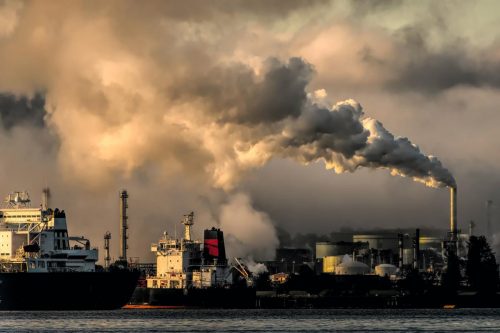
(Source: Chris LeBoutillier, via Unsplash.)
The third part of the IPCC’s sixth report came out on April 4. The previous two parts of this report talked about what caused the climate emergency and how it’s likely to affect the Earth. The current part focused on the best ways to get the crisis under control.
In the 2015 Paris agreement, the countries of the world agreed to cut pollution in an effort to limit global warming to 1.5º Celsius (C)*. Every bit that the planet heats up beyond 1.5ºC will make life on Earth far more difficult.
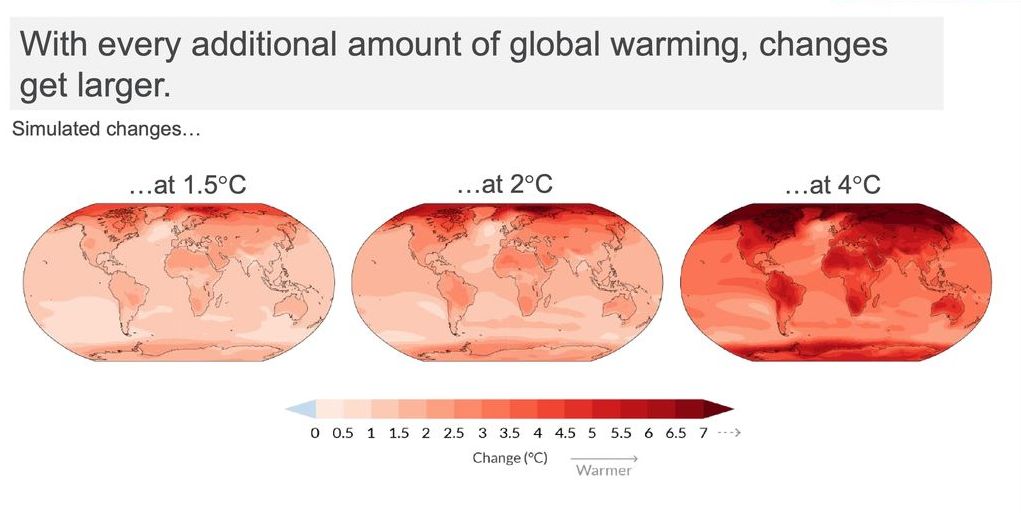
(Source: IPCC.)
One of the most striking parts of the new UN report is that in order to limit global warming to 1.5ºC, global emissions can’t go any higher after 2025, and must drop steeply by 2030. That gives governments just a few years to take strong action.
If the world continues at current pollution levels, the Earth is likely to heat to 3.2ºC – more than twice the goal of 1.5ºC. As UN leader António Guterres said, “We are on a fast-track to climate disaster.”
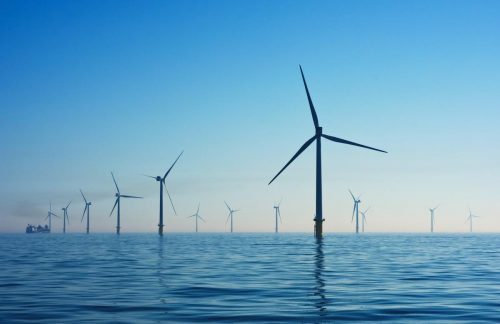
(Source: Nicholas Doherty, via Unsplash.)
But the UN report also offered good news: we know what we have to do to avoid a climate disaster. Most of the green technologies needed for renewable power, such as wind, solar, and water power, already exist, and are constantly getting cheaper.
Governments just need to switch over and use far more of them. The UN report suggested that any new money spent trying to develop fossil fuel sources now is likely to be wasted.
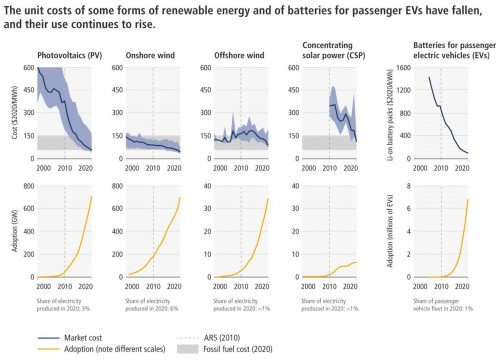
(Source: IPCC.)
Another important lesson from the new report is that simply cutting pollution won’t be enough. The polluting gas carbon dioxide must also be removed from the atmosphere and stored. Since trees already do this, protecting natural areas and planting more trees will be an important part of the solution.
But scientists will also need to develop and improve methods of removing carbon dioxide from the atmosphere and storing it.
For the first time in this report, the IPCC points out that the choices of individual people can make a big difference in greenhouse gas emissions, when they are part of a larger movement of people doing similar things.
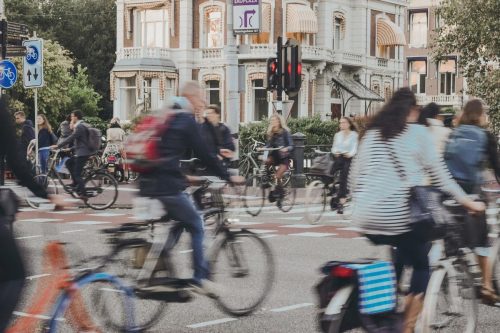
(Source: Noralí Nayla, via Unsplash.)
Choices that help include: not wasting food and eating less meat, walking or biking instead of driving, cutting out plane travel, and using less energy.
The IPCC’s recent report was a serious warning. But it is also encouraging, since it explains what must be done to tackle the climate crisis. As Jim Shea, one of the report’s main authors, said, “We know what to do, we know how to do it, and now it’s up to us to take action.”
*Climate change temperatures are measured against the time when humans started burning coal for power. This article talks about climate change using Celsius (C). Talking about climate change in Celsius is more common and it makes the changes easier to see and remember.
If you want to think about the temperature changes in Fahrenheit( F), you can use these figures: 1.1°C = 2.0°F, 1.5°C = 2.7°F, 3.2ºC = 5.8ºF.
